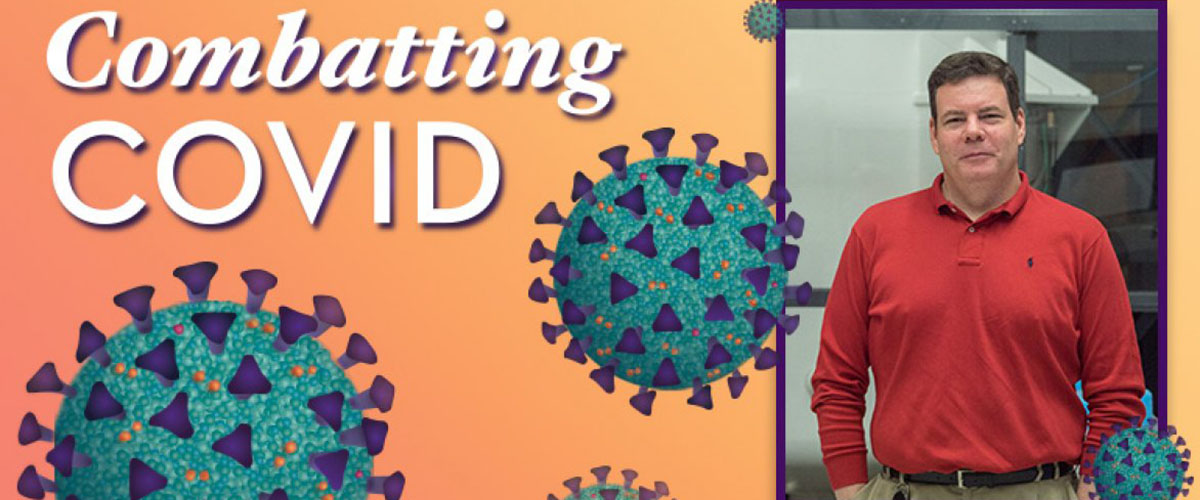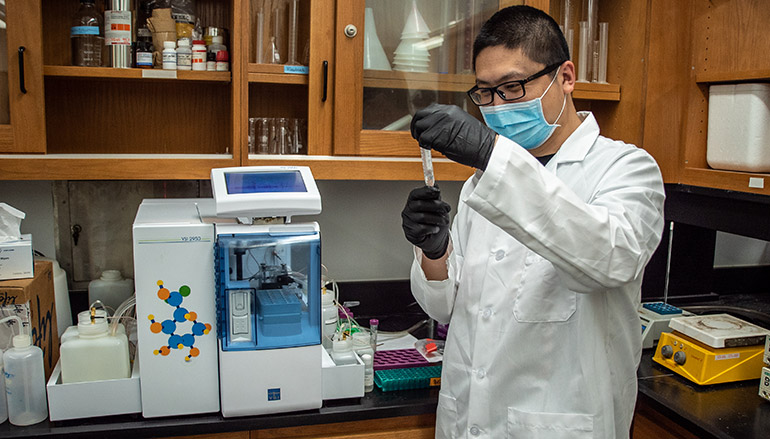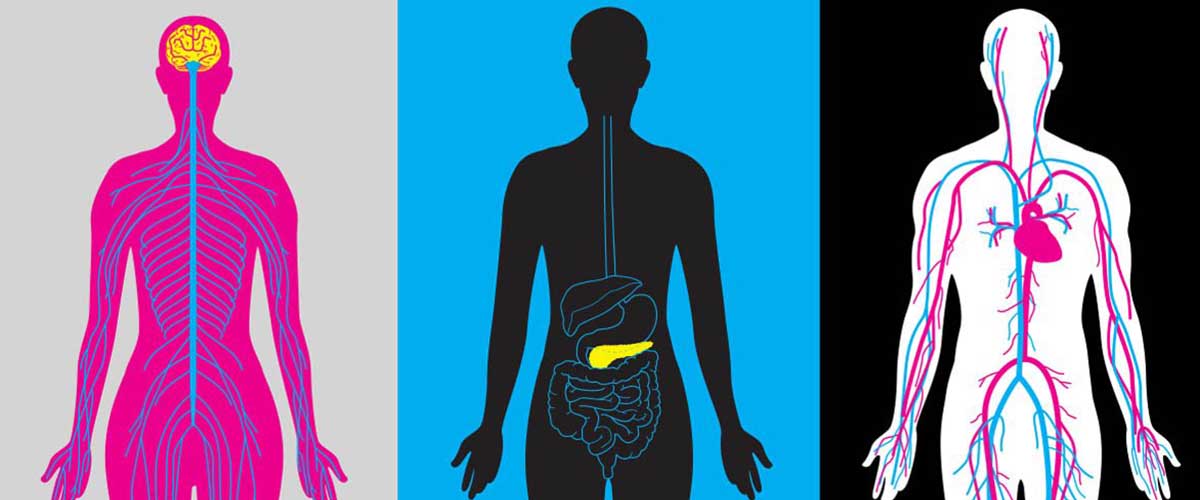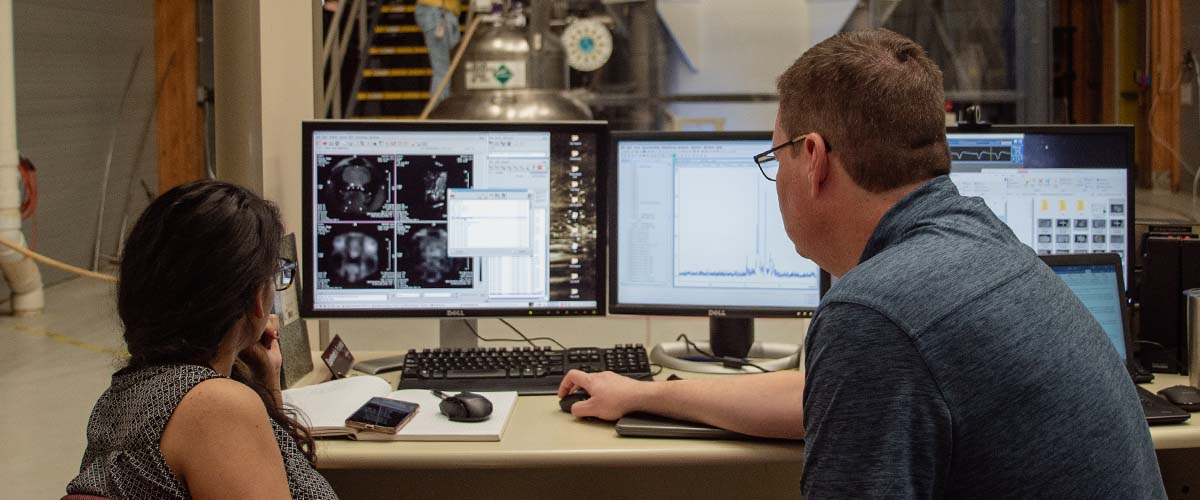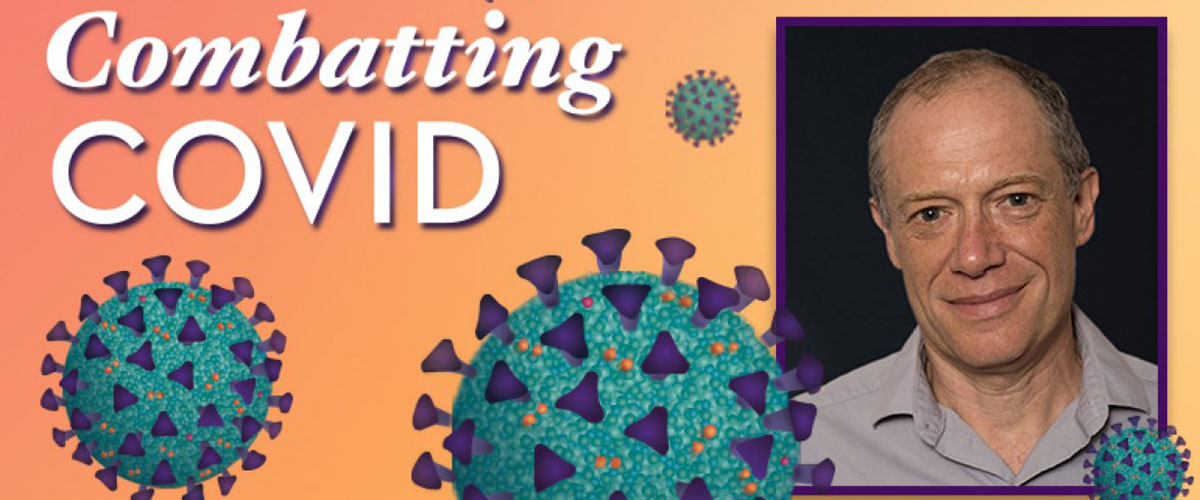In recent years, MagLab biomedical engineer Sam Grant has studied how stem cell therapies can help the body recover from stroke and other health problems. But in April, with colleagues from the Florida State University College of Medicine and the FAMU-FSU College of Engineering, he began aiming the technique at a new enemy: COVID-19.
Led by College of Medicine Associate Professor David Meckes, the team was able to hit the ground running because they had already been working for years to create a special way to grow adult mesenchymal stem cells that secrete lots of vesicles — sac-like structures that play a role in cellular communication and healing. You can think of these vesicles as little FedEx trucks or ambulances that travel through the body, delivering news and lifesaving assistance where needed. Once they arrive at their destination, these vesicles release proteins that execute a specific healing task, like fighting inflammation and repairing tissue.
While earlier research focused on stroke and chronic wounds, the team was able to pivot their work on stem cells to a different target: the common cold, which belongs to the same family of viruses as SARS-CoV-2, the virus that causes COVID-19.
"We're re-tasking our stroke therapy ... and seeing if we can use similar types of culturing activities, preparation and modifications in order to treat this new disease," said Grant of their three-month project.



